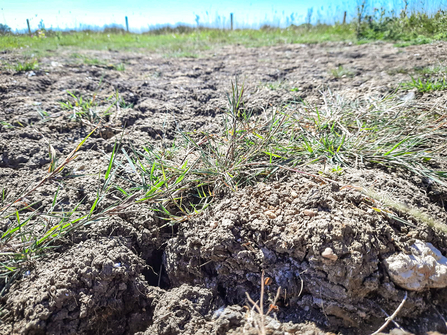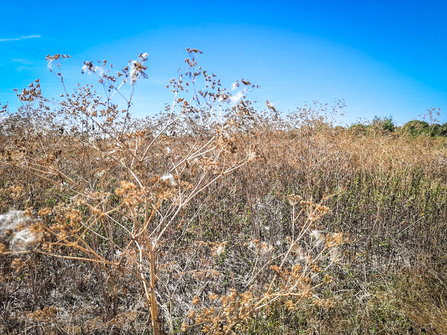Berkshire, Buckinghamshire & Oxfordshire Wildlife Trust (BBOWT) is calling on Prime Minister Rishi Sunak to lead the world at the COP27 climate conference by pledging urgent action to protect nature in the UK.
The Trust, along with the 45 other charities that make up the national Wildlife Trusts association, is striving to raise awareness about the links between protecting nature and tackling climate change.
Although many people know that reducing CO2 emissions can have countless benefits for wildlife and humans, the Wildlife Trusts hope to highlight how restoring nature can not only help in this battle, but is in fact essential.


